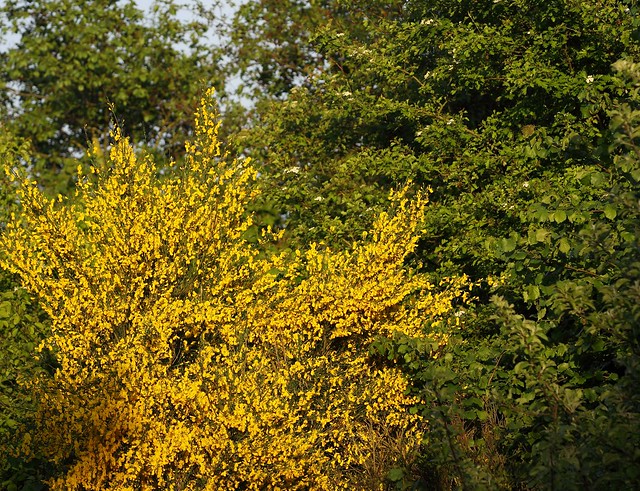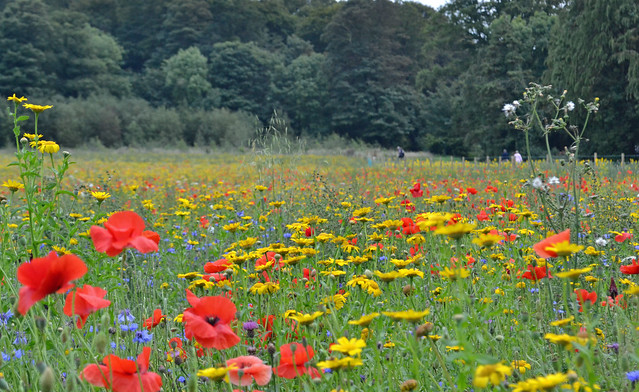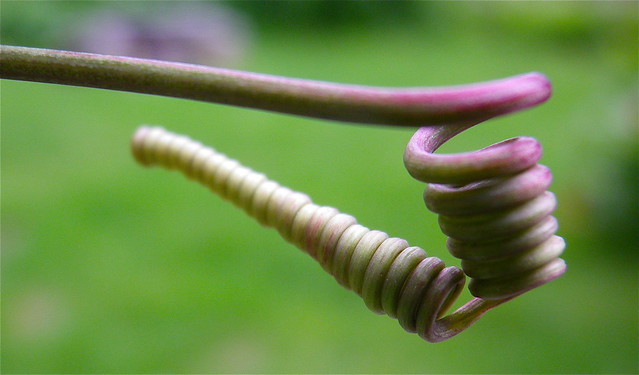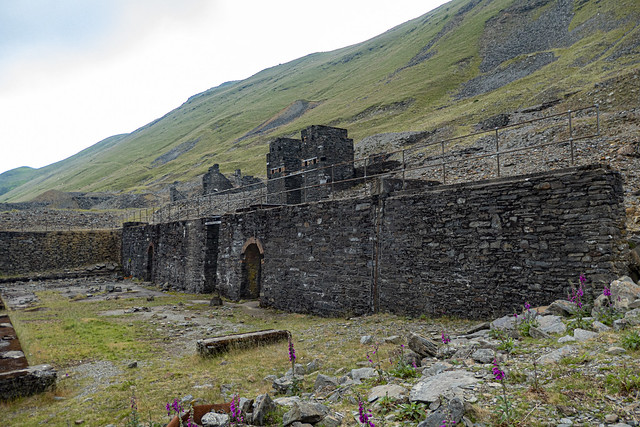Today we’re looking at the words for brush, broom and related things in Celtic languages.

Words marked with a * are reconstructions.
| Middle Irish (Gaoidhealg) |
scúap [skuə̯b] = brush, broom, sheaf, bundle
scúapad = act of sweeping
scúapaire = sweeper |
| Irish (Gaeilge) |
scuab [sˠkuəbˠ] = besom, broom; brush; sheaf, armful, bundle; to sweep
scuabach = sweeping, flowing; gusty
scuabachán = sweeping, sweepings
scuabadh = to sweep, wash
scuabadóir = sweeper
scuabán = little besom, little brush, little sheaf, armful, bundle
scuab fiacla = toothbrush
scuab ghruaige = hairbrush
scuab ingne = nailbrush
scuab phéinte = paintbrush
sreangscuab = wire brush |
| Scottish Gaelic (Gàidhlig) |
sguab [sguəb] = broom, besom, brush, sheaf
sguabte = brushed, swept
sguabanta = tidy, trim, clean
sguabadh = brushing, sweeping
sguabachan = brush
sguabag = gusty, wind, whisk, sheaf (of corn)
sguabadair = vacuum cleaner
sguabair = sweeper
sguab-aodaich = clothes brush |
| Manx (Gaelg) |
skeab = besom, broom
skeabey = brush, brushing, brush over, brush up, sweep, sweeping
skeabit = brushed, swept
skeaban daah, skeaban-slaa = paintbrush
skeaban feeackle = toothbrush
skeaban folt/fuilt = hairbrush |
| Proto-Brythonic |
*ɨskʉb = brush, broom |
| Middle Welsh (Kymraec) |
escup, yscub, ysgub = brush, broom |
| Welsh (Cymraeg) |
ysgub [ˈəsɡɨ̞b / ˈəsɡɪb] = sheaf, wheatsheaf, bundle; brush, broom, besom, quiver of arrows
ysgubell = brush, broom, besom, mop, bunch (of flowers)
ysgubo = to brush, sweep (away), make into sheaves
ysgubol = sweeping
ysgubwr = sweeper, sweep
ysgub blu = feather duster
priodas (coes) ysgub = informal wedding in which the parties jump over a broomstick in the presence of witnesses |
| Middle Cornish |
scibia = to sweep, brush
sciber = barn, any large room
scubilen = whip, scourge |
| Cornish (Kernewek) |
skub = sweeping
skubell, skubyllen = broom, brush
skubellik = paintbrush
skubell sugna = vacuum cleaner
skubell-wolghi = mop
skuber, skubores = sweeper
skubus = sweeping
skubya = to brush, sweep
skubyllen dhes = toothbrush
skubyon = refuse, sweepings |
| Breton (Brezhoneg) |
skub [ˈskyːp] = broom, brush, blade; sweep
skubell = broom, brush, blade; sweep
skubell-vroust(añ) = scrubbing brush
skuberez = sweeper |
Etymology: from the Latin scōpa (broom) Proto-Indo-European *skeh₂p- (to prop) [source]. Words from the same Latin root include scopa (broom) in Italian, escoba (broom) in Spanish, and shqopë (heather, heath, briar) in Albanian [source]..

| Proto-Celtic |
*banatlo- = broom (shrub) |
| Gaulish |
*balano- = broom (shrub) |
| Celtiberian |
*bálago-, *bálaco- = broom (shrub) |
| Scottish Gaelic (Gàidhlig) |
bealaidh [bɛl̪ˠɪn] = broom (shrub)
bealaidh-Frangach, bealaidh-Sasannach = laburnum |
| Proto-Brythonic |
*banatlo- = broom (shrub) |
| Middle Welsh (Kymraec) |
banadil, banadyl, banadl = broom (shrub) |
| Welsh (Cymraeg) |
banadl, banal [ˈbanadl] = broom (shrub)
banadl Ffrainc = laburnum |
| Old Cornish |
banathel = broom (shrub) |
| Middle Cornish |
banal = broom (shrub) |
| Cornish (Kernewek) |
banadhel = broom (shrub) |
| Old Breton (Brethonoc) |
balan = broom (shrub) |
| Middle Breton (Brezonec) |
balain, balazn = broom (shrub) |
| Breton (Brezhoneg) |
balan [ˈbɑːlãn] = broom (shrub)
balaneg [bã.ˈnɑː.lek] = broom grove
balaenn [baˈlɑːɛn] = broom, brush |
According to An Etymological Dictionary of the Gaelic Language by Alexander MacBain (1982), there is a cognate in Irish: beally/i, however it doesn’t appear in any of the Irish dictionaries I’ve checked.
Etymology: from the Proto-Indo-European *bʰenH-tlom (way, path) in the sense of “cleared path (in a wood)” [source].
The French word balai (broom, broomstick, brush) comes from the Gaulish *balano-, via Old French, Middle Breton and Old Breton [source]. The Spanish word bálago (straw, Spanish broom), comes from the same Gaulish root, via the Celtiberian *bálago-/*bálaco- [source].
Words same PIE roots possibly include bana (course, path, trajectory) in Swedish, baan (road, path, track, job, orbit) in Dutch, and Bahn (route, trail, railway)in German [source].
The shrub known as broom in Britain and Ireland is also known as common broom or Scotch broom, or Cytisus scoparius in Latin. It is a deciduous leguminous shrub native to western and Central Europe. Broom can also refer to similar plants, such as French broom and Spanish broom [source].
Twigs from the broom, and from other plants, can be tied to a stout stick and used to sweep things. Such implements are traditionally known as besoms or broom besoms, and became known simply as brooms [source].

Sources: Wiktionary, Am Faclair Beag, Online Manx Dictionary, Teanglann.ie, eDIL – Electronic Dictionary of the Irish Language, In Dúil Bélrai English – Old Irish glossary, Geiriadur Prifysgol Cymru, Gerlyver Kernewek, Dictionaire Favereau, TermOfis, English – ProtoCeltic WordList (PDF), Etymological Dictionary Of Proto Celtic












